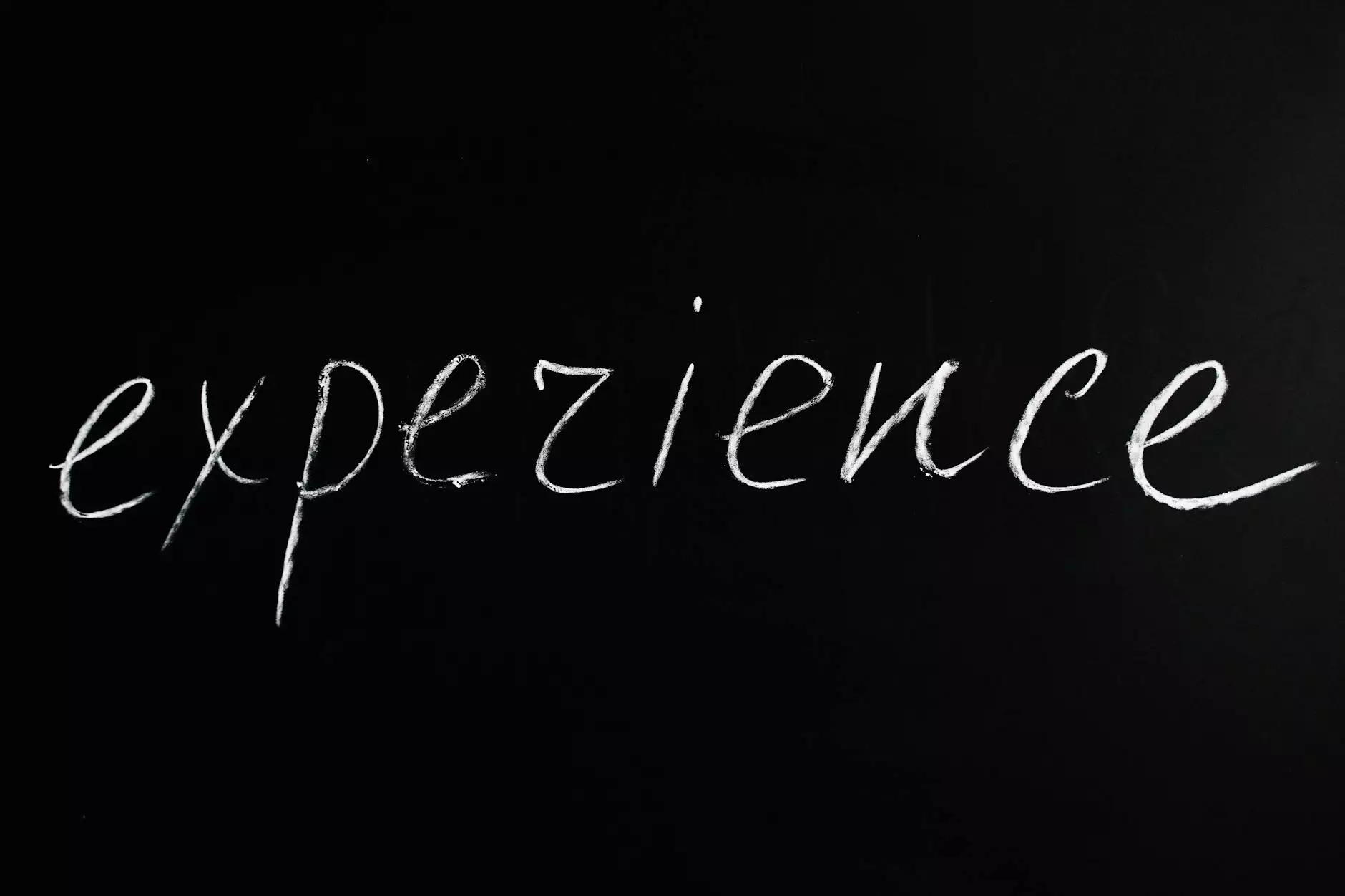Unleashing Potential: The Rise of the Game Porting Firm

In today's rapidly evolving digital landscape, the gaming industry stands as a titan of creativity, technology, and entertainment. Among the various facets that contribute to a thriving gaming ecosystem, the role of a game porting firm emerges as crucial. These specialized companies are dedicated to the art and science of adapting games for multiple platforms, thereby expanding their reach and enhancing user experience. In this article, we delve into the significance of game porting firms, their operations, and how they contribute to the flourishing world of gaming.
The Concept of Game Porting
Game porting refers to the manipulation and transformation of video games from one platform to another. It involves more than just mere replication; it requires a deep understanding of both the original and target platforms. A game porting firm undertakes this complex process to ensure that a game designed for a specific console or PC can operate seamlessly on different systems, whether they are mobile devices, consoles, or PCs.
Why is Game Porting Necessary?
The need for game porting arises from several factors:
- Diverse Gaming Platforms: With the proliferation of platforms such as consoles, mobile devices, and PCs, game developers aim to reach wider audiences. A game that performs exceptionally on one platform might not be accessible to users on another.
- Maximizing Revenue: Porting games can significantly boost a game's profitability by tapping into different markets. Every successful port can lead to increased downloads and sales.
- Enhancing User Experience: Through porting, developers can refine and improve the gaming experience, adding features or enhancing graphics specifically tailored for the target platform.
Core Services of a Game Porting Firm
A game porting firm offers a variety of services that encompass the entire lifecycle of game adaptation. Here are some of the core services provided:
1. Technical Assessment
Before initiating the porting process, firms conduct a comprehensive assessment of the game's technical requirements. This includes analyzing:
- Graphics and performance capabilities.
- Input and control systems specific to the platform.
- Game physics and engine compatibility.
2. Code Adaptation
One of the most critical stages of game porting involves modifying the game code. This might include:
- Rewriting parts of the code to accommodate different operating systems.
- Adapting the game engine for various hardware specifications.
- Ensuring compatibility with various graphics APIs such as DirectX, OpenGL, or Vulkan.
3. Quality Assurance and Testing
No game port is complete without rigorous testing. Quality assurance is paramount and includes:
- Comprehensive gameplay testing across diverse devices.
- Identifying and fixing bugs or performance issues.
- Ensuring that the user interface is intuitive and aligns with platform-specific standards.
4. Optimization
Once a game is ported, ongoing optimization is necessary to enhance performance. This process can involve:
- Reducing load times and improving frame rates.
- Tuning the graphics to match the capabilities of the target hardware.
- Implementing platform-specific features, like support for touch controls on mobile devices.
Key Advantages of Collaborating with a Game Porting Firm
The collaboration with a game porting firm presents numerous advantages for game developers and studios:
1. Expertise and Experience
Game porting is a specialized field requiring extensive knowledge of various gaming consoles, engines, and SDKs. By partnering with professionals, developers can leverage their expertise and experience to achieve optimal results.
2. Cost-Effectiveness
While initial investments in porting might seem significant, outsourcing the process to a specialized firm often proves to be more cost-effective than developing in-house. It saves both time and resources, allowing developers to focus on their core competencies.
3. Access to Advanced Tools
Established game porting firms come equipped with advanced tools and technologies that facilitate a smoother porting process. This access can significantly enhance the quality and speed of the porting efforts.
The Game Porting Process: A Step-by-Step Guide
Understanding the game porting process is essential for developers looking to transition their games to new platforms. Here’s a detailed overview:
Step 1: Initial Consultation
Every porting project begins with a consultation. This step involves discussing the client's vision, goals, and the platforms they wish to target. Understanding the game’s fundamentals and audience is crucial at this stage.
Step 2: Feasibility Study
The next step is conducting a feasibility study. This includes:
- Assessing the original game’s architecture.
- Identifying potential challenges with the porting process.
- Estimating timeframes and associated costs.
Step 3: Development Phase
During this phase, the actual work of adapting the game begins, which comprises:
- Code rewriting and adaptation.
- Art and asset adjustments to fit new resolutions or display ratios.
- Implementing platform-specific functionalities, such as achievements or controller support.
Step 4: Testing Phase
Post-development, the game undergoes rigorous testing to ensure performance benchmarks are met. This includes:
- Alpha and beta testing with target audiences.
- Feedback implementation and iteration for improvements.
Step 5: Launch and Post-Launch Support
Once the game is polished and ready, it's time for launch. However, the role of a game porting firm doesn't end there. They often provide:
- Post-launch bug fixes and updates.
- User feedback support to enhance the gaming experience.
Choosing the Right Game Porting Firm
With so many game porting firms in the industry, selecting the right partner can significantly impact your project’s success. Here are some factors to consider:
1. Portfolio and Track Record
Examine the firm's previous work and client testimonials. A strong portfolio showcases their capability and experience in handling projects similar to yours.
2. Technical Expertise
Ensure that the firm possesses the required technical knowledge and skills for the platforms you're targeting. This includes familiarity with specific game engines and technologies.
3. Clear Communication
Effective communication is essential for the success of your project. Choose a firm that prioritizes transparency and keeps you updated throughout the process.
The Future of Game Porting
The future of game porting is incredibly promising, with emerging technologies and trends shaping the gaming landscape. Here are some predictions:
1. Increased Demand for Cross-Platform Play
As gamers increasingly seek cross-platform experiences, game porting firms will play a pivotal role in breaking down barriers between different systems.
2. Advances in Technology
With advancements in cloud gaming and streaming services, the demand for adaptable games will grow. Porting firms will need to innovate continuously to keep up with these changes.
3. Evolving Consumer Expectations
Gamers today expect high-quality, seamless experiences. This expectation will drive porting firms to enhance their processes and deliver exceptional results consistently.
Conclusion: Empowering the Gaming Community
In conclusion, the landscape of gaming is vast and vibrant, and at its core, the work of a game porting firm stands out as a vital component. They empower developers to reach broader audiences and ensure that games can be enjoyed on multiple fronts. As the industry continues to evolve, the significance of these specialized firms will only grow, heralding a new era of gaming accessibility and enjoyment.
For those looking to venture into the realm of game development and need assistance with porting, it is essential to partner with the right experts. At Pingel Studio, we harness the power of art galleries, graphic design, and 3D printing to provide innovative solutions for your video game needs. Trust us to help you navigate the complexities of game porting and elevate your project to new heights!









